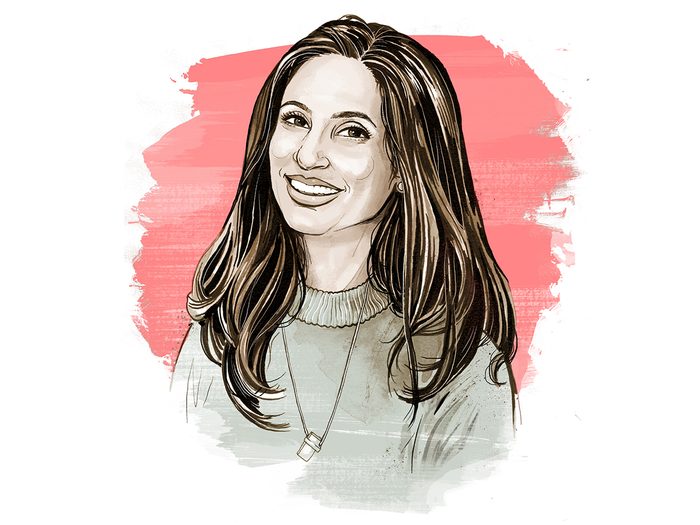How These Urdu Language Books for Kids Enhance Connection, Cognition and Mental Health

Masooma Aftab and her husband, Hamid Rizvi, noticed their kids hesitated to speak Urdu with family and friends, and knew other parents felt the same. So they self-published a set of learning books to help keep Urdu alive for future generations.
This story is part of Best Health’s Preservation series, which spotlights wellness businesses and practices rooted in culture, community and history.
Masooma Aftab and her husband, Hamid Rizvi, grew up speaking Urdu at home with their families. So, when they had kids, they wanted their second-generation Pakistani Canadian sons to learn the language, too. As their children grew up, however, the couple found it increasingly difficult to stick to speaking Urdu at home. The language gap between generations became even more apparent when their kids hesitated to speak Urdu with family and friends.
Looking for ways to bridge this gap, the couple asked relatives visiting Pakistan to bring home Urdu kids’ books. But these resources weren’t always helpful—even Rizvi, a fluent Urdu speaker, struggled with reading because he hadn’t formally learned the written script. The two knew that they needed to come up with their own solution. “We thought, ‘What if we created Urdu books [for language learners] that had the English alphabet alongside the Urdu script?’” says Aftab. So, the couple started Kids Bolo, meaning “kids speak,” to help preserve Urdu in second-generation children like their own. “It wasn’t until we had kids that the realization hit—Urdu was going to fade away if something did not change,” Aftab says.
The couple self-published a set of vocabulary books and classic children’s stories in Urdu with English text. Their first run of books sold out in a week. Within a year, Kids Bolo expanded to include the Urdu reading pen, an electronic tool that allows readers to touch words and pictures in the accompanying books and receive auditory feedback, like words spoken in Urdu, sound effects and music.
Learning a new language, no matter your age, is beneficial for your cognitive health. Being able to understand and convey ideas in different languages requires the brain to recognize concepts and switch between languages, engaging a set of cognitive skills called executive functions. These include attention, working memory, switching and inhibition. Research from York University in Toronto has shown that many executive functions are stronger in bilinguals than monolinguals, which has positive impacts on academic performance.
In older adults, research found that lifelong bilingualism can protect against cognitive decline and even delay the onset of dementia symptoms by years. Speaking in different languages naturally strengthens the connections between different areas of the brain, contributing to a larger “cognitive reserve” and resilience in the face of disease as we age. In this way, language learning is on par with other activities that boost brain power over time, like physical activity, social engagement and mentally stimulating games and puzzles.
As well, research out of the University of Chicago suggests that bilingualism can help us adopt the perspective of others, leading to more empathy. And as a consequence of being able to connect with diverse groups of people, learning a new language can also improve mental health by fostering a feeling of closeness with others. “Now, our kids go to their grandparents’ houses, or to family friends’ houses, and they’re excited to say, ‘I also know how to say this in Urdu!’” Aftab says. “That sense of inclusion directly impacts their self-esteem. Before they felt they didn’t belong in the conversation. Now they have the confidence to include themselves.”
It’s those cultural connections that Aftab and Rizvi were craving for their children when they created Kids Bolo. The brain and mental health benefits are the cherry on top. “We’re bringing Urdu back to the second generation,” says Aftab.
This story is part of Best Health’s Preservation series, which spotlights wellness businesses and practices rooted in culture, community and history. Read more from this series here:
How One Woman Connects to Her Culture Through Gardening
Bone Broth from This Canadian Ayurveda-Inspired Company May Help Soothe What Ails You
Have Super Dry Skin? This Canadian Skincare Company Is Here to Help
Get more great stories delivered straight to your inbox by signing up for the Best Health Must-Reads newsletter. Subscribe here.




